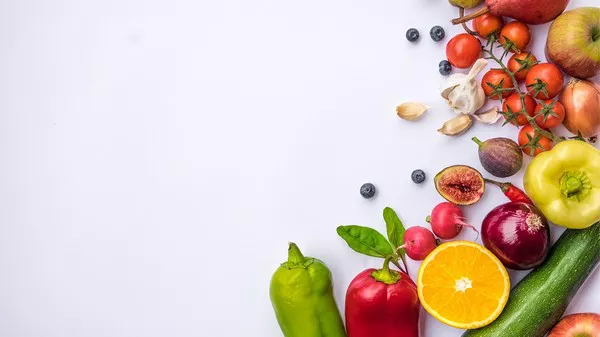In the aftermath of Mexico City’s 7.7 magnitude earthquake on September 19, 2022, Pola Carballo, owner of Café de Raíz in the Roma neighborhood, found herself in a state of shock amid the tremors and chaos. As she grappled with the terrifying situation, she recalled an age-old tradition from her hometown of Huasteca, Veracruz. Acting on this tradition, she swiftly distributed 50 “bolillos” (bread rolls) to those in need, a gesture that was captured on video and soon went viral.
In Mexico, it is customary that when individuals undergo stressful experiences such as receiving bad news, enduring accidents, or experiencing earthquakes, they are advised to consume “un bolillo p’al susto,” which translates to “a roll for the fright.” This practice is deeply rooted in the wisdom passed down by grandmothers.
Bolillos are elongated oval-shaped bread rolls with a crispy golden exterior and a soft, white core. Beyond mere sustenance, the act of sharing bolillos after an earthquake or a severe fright is viewed as an offering of peace and solace, akin to the symbolism of communion bread, according to Mexican writer Alonso Ruvalcaba.
From a scientific perspective, this age-old tradition has a basis in reality. Gastroenterologist and researcher Nayeli Ortiz Olvera from the National Autonomous University of Mexico explains that following a shock or acute stress, individuals often experience heightened physiological responses, including an accelerated heartbeat and increased respiration. These responses prompt the body to produce more energy to enable a swift reaction, leading to sensations like a “hole in the stomach,” nausea, or a need to use the restroom.
Bolillos, which are rich in carbohydrates, play a crucial role in this context. Consuming bolillos helps neutralize stomach acid and the act of chewing them serves as a distraction that reduces agitation and helps regain control over the body, Ortiz Olvera explained. Other individuals may opt for tortillas or any available carbohydrates in stressful situations.
Harvard University researchers have found that both physical and emotional distress can lead to increased consumption of high-fat or high-sugar foods, possibly due to elevated cortisol and insulin levels, or the release of ghrelin, often called the “hunger hormone.”
Bolillos are a ubiquitous element of the Mexican diet, serving as a foundation for various dishes such as “molletes,” “pambazos,” and the sandwiches famously enjoyed by the beloved TV character El Chavo del Ocho.
The cost of bolillos holds significant importance in Mexico’s basic food basket. When wheat prices rise, so does the cost of bolillos, often serving as an indicator of inflation in the country.
“Susto” or fright is one of the prominent “morbid complexes” or ancestral ailments that has captured the attention of researchers. Traditional Mexican medicine defines susto as a malady stemming from a strong and sudden impression, caused by encountering dangerous animals, inanimate objects, supernatural entities, or traumatic episodes that threaten a person’s physical or emotional well-being.
In the Zapotec culture, susto is related to emotions, which manifest physically in the body. It is believed that healing occurs when the soul returns to the body.
While this tradition of consuming bolillos or hard bread to alleviate fright is deeply embedded in Mexican culture, it is not unique to Mexico alone. Similar practices occur among Mexican Americans in the U.S. and in other countries such as Argentina, Bolivia, Colombia, Guatemala, Mexico, and Peru, reflecting the broader human experience of using food to mitigate the effects of stress and fear.
In traditional medicine, it is advisable to consume hard bread like bolillos or even cold tortillas because shock tends to manifest in the stomach, and leaving it empty is not advisable as gastric juices increase. Bolillos or tortillas help settle the stomach, making them the recommended choice, although other foods can serve the same purpose.
As Mexican chef and anthropologist Claudia Serrato aptly summarizes, “We are a culture of food. Everything we do is for food. Food is something that helps with strength. It’s important to know where one comes from.”


































